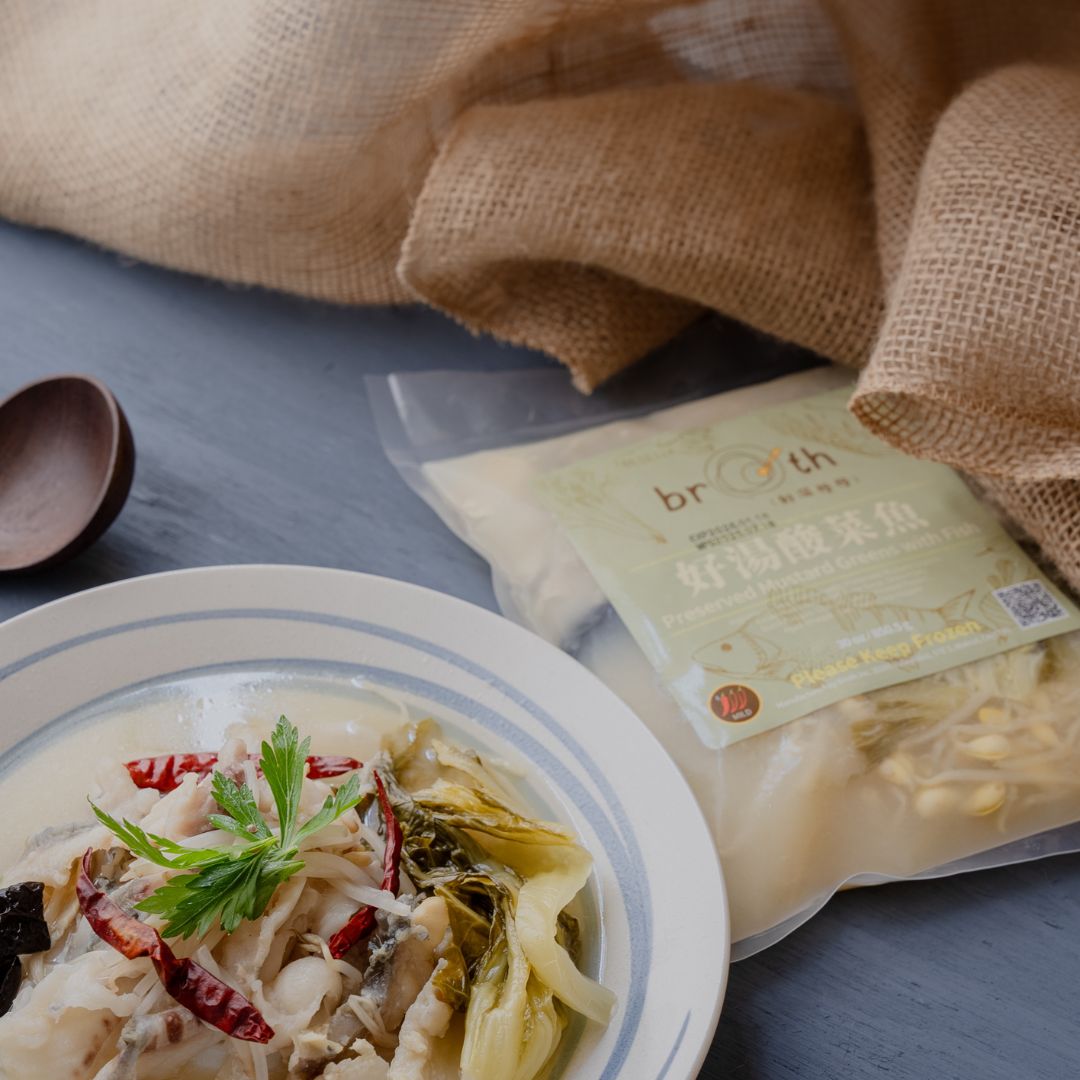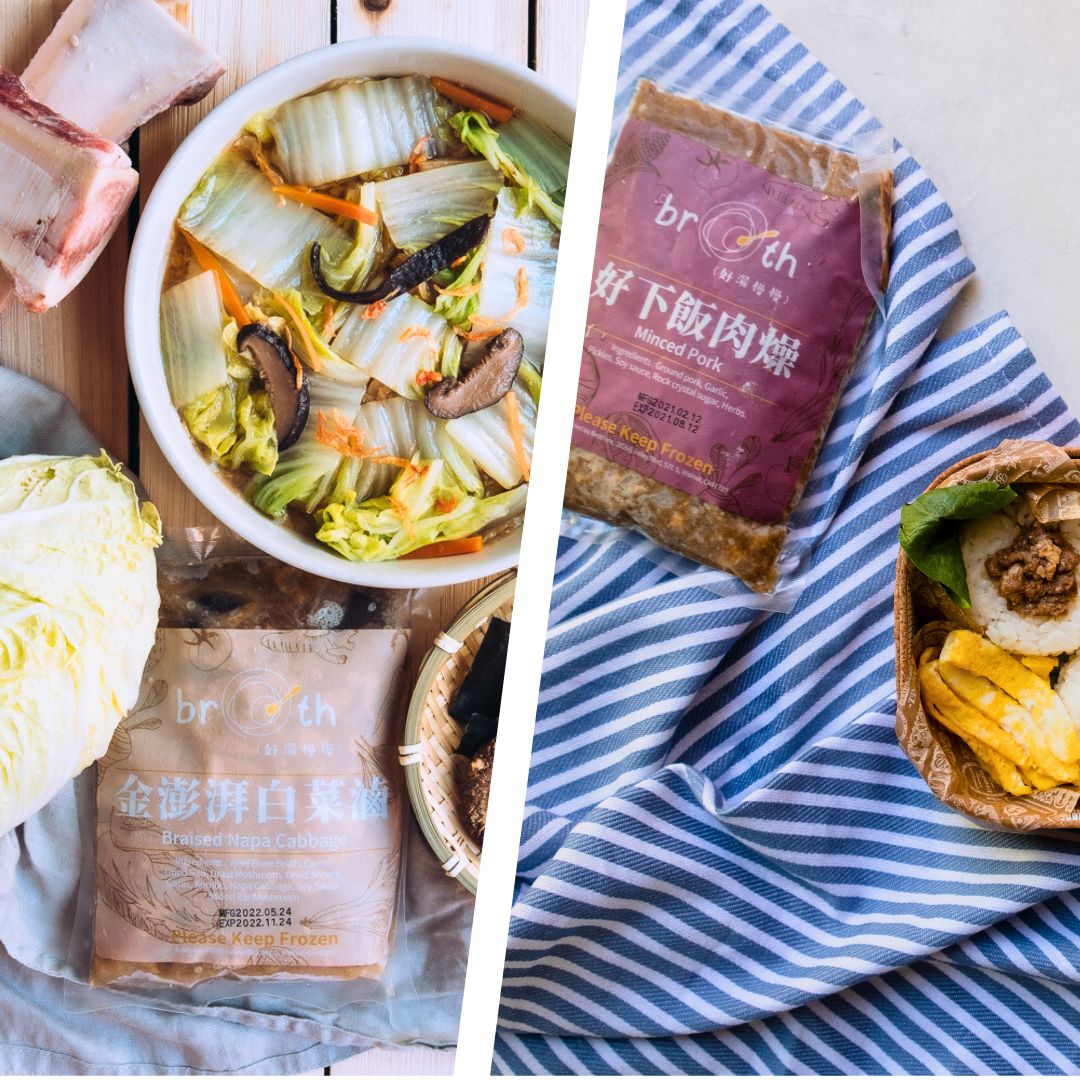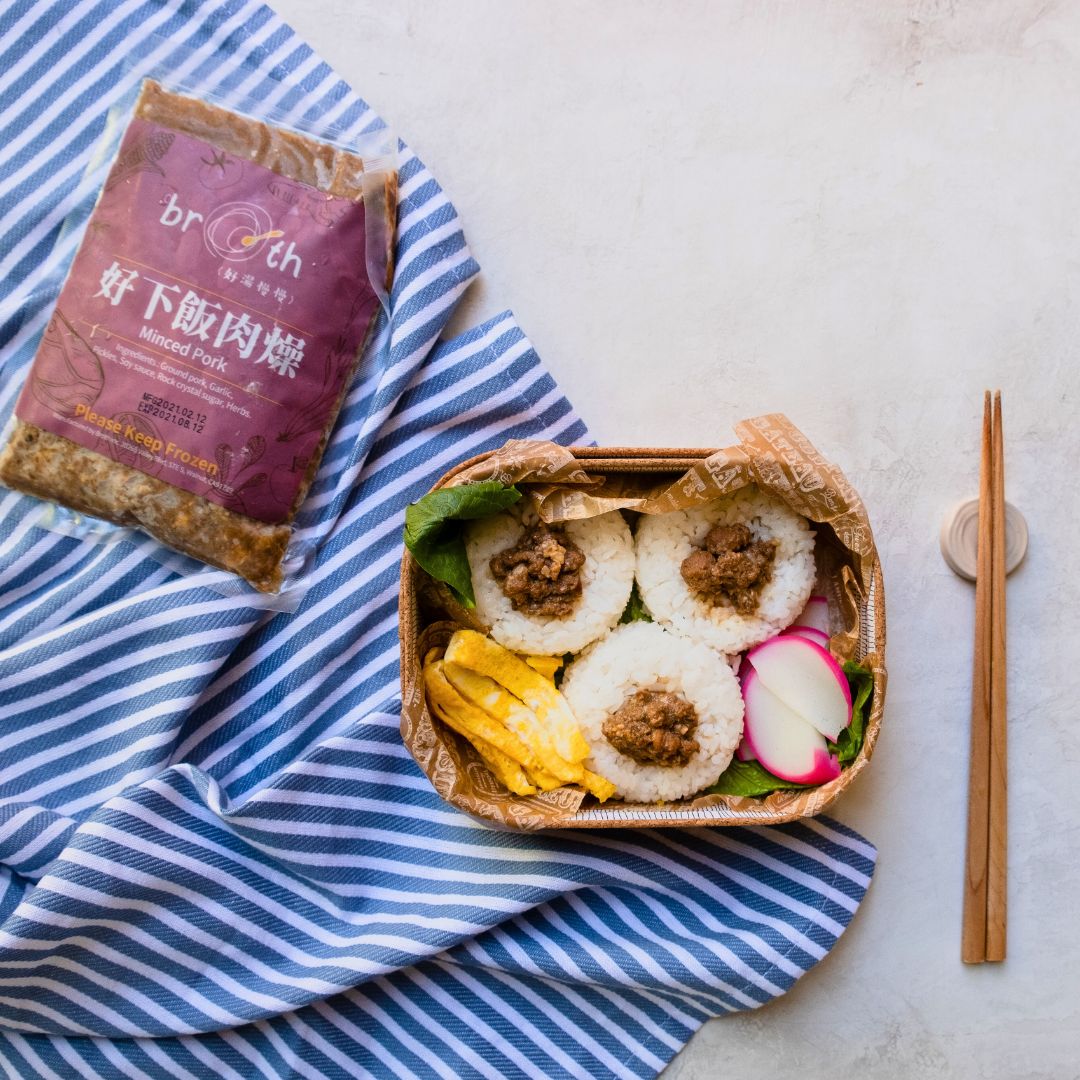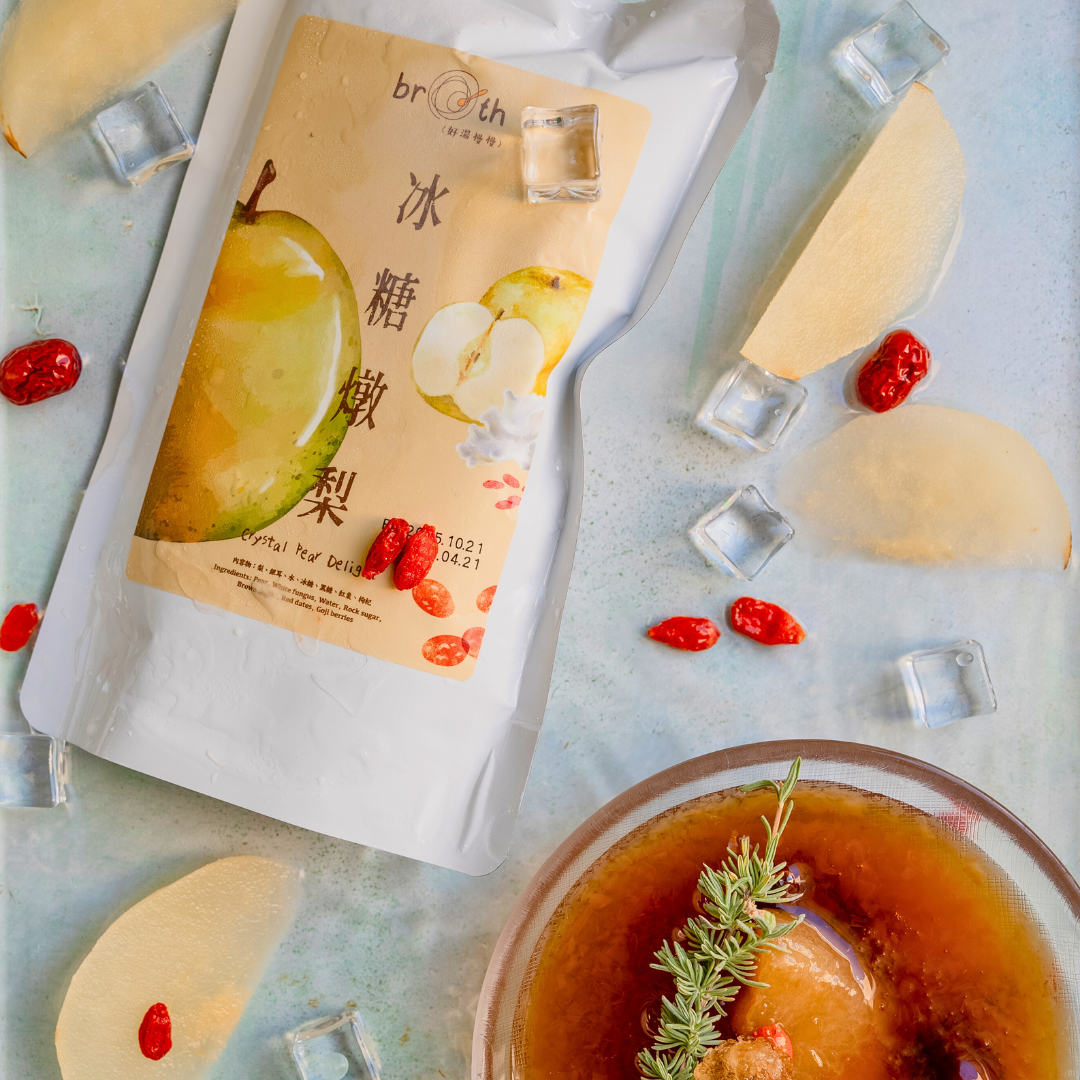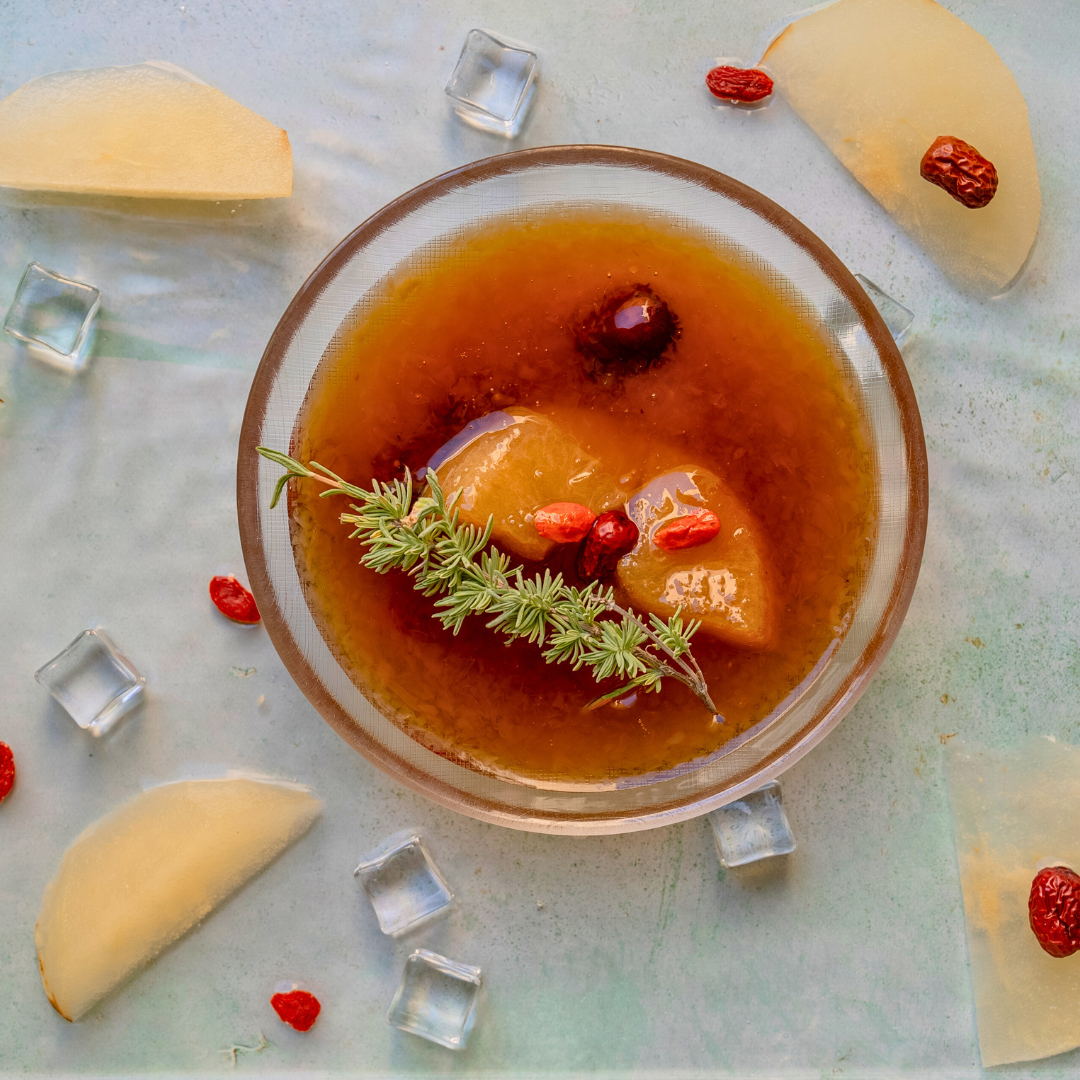
The arrival of winter brings chilly air, thick sweaters, and the sound of leaves crunching underfoot, along with the warm lights of Thanksgiving and Christmas. However, amidst this peace and warmth, there are health challenges. Winter is peak season for flu, common colds, and respiratory viruses which can quietly arrive like unwelcome guests. The cold can also leave us feeling fatigued and vulnerable. This season, we need more than just warm coats; we need warmth and protection from within.

Delicious nourishing soups, vibrant fruits and vegetables, and healthy fats – during this season, food not only fills us up but also nurtures our bodies. Follow these tips to strengthen immunity naturally, and embrace each warm moment of winter!
1. Understand How the Immune System Protects Us
The immune system is a complex network of cells and proteins that work together through both “innate immunity” and “adaptive immunity” to combat external threats. The innate immune system is our first line of defense, while the adaptive immune system responds quickly to pathogens, resisting reinfection. This system acts like a 24/7 health guard, needing ongoing support through nutrition, rest, and a healthy lifestyle.

2. Immunity-Boosting Foods
Colorful Fruits and Vegetables
Eating a variety of colorful fruits and vegetables provides essential vitamins and antioxidants that boost immunity. Red tomatoes and strawberries, orange carrots and oranges, green spinach, and broccoli are rich in nutrients that help combat seasonal illnesses. Remember the “eat the rainbow” principle to add color to your plate and strengthen your body’s defenses.

High-Fiber Foods
Gut health is crucial to the immune system. Whole grains, legumes, and fiber-rich fruits support the growth of beneficial gut bacteria, enhancing immunity. These foods provide the fiber and vitamins needed for a resilient immune system.

Healthy Fats
Healthy fats help the body absorb nutrients, reduce inflammation, and boost immune function. Omega-3-rich foods like salmon, avocado, and nuts are ideal for winter diets. Walnuts, flaxseeds, and chia seeds also contain antioxidants that support the immune system.

Fermented Foods
Fermented foods such as yogurt, sauerkraut, and kefir are rich in probiotics, which improve gut health. Probiotics balance gut flora, boosting immunity, making them particularly beneficial in winter. Studies show that probiotics are especially supportive of gut and immune health.

Herbs and Spices
Turmeric and black pepper are antioxidant-rich spices that help reduce inflammation and strengthen the immune system. Ginger and garlic are traditionally used to relieve cold symptoms, soothe sore throats, and ease congestion. Incorporating them into daily meals can enhance both taste and health.

3. Drinking Soup in Winter to Replenish Nutrients
In the cold winter, a warm bowl of soup not only brings comfort but is also an excellent way to replenish nutrients. Our products such as chicken essence and bone broth contain high-quality protein, amino acids, and collagen, which support immune function. Try this simple yet nutritious winter soup recipe:
>>> Pepper Pork Tripe and Chicken Soup (Golden Chicken Broth)
Ingredients
- Main Ingredients: Pork tripe, chicken
- Auxiliary Ingredients: Whole white pepper, red dates, goji berries, ginger slices, salt
Method
-
Prepare the pork tripe: Rub with salt and cornstarch, then rinse thoroughly until smooth. Blanch in boiling water with green onions, ginger, and cooking wine. Remove and slice into strips.
-
Prepare the chicken: Use fresh chicken pieces, marinate with flour, salt, and cooking wine for 10 minutes, then rinse several times. Pan-fry for 6-7 minutes to release excess oil.
-
Crush the peppercorns lightly with the back of a knife.
-
Heat oil in a pan, stir-fry ginger and crushed pepper, then add pork tripe strips and stir-fry briefly.
-
Add enough hot water and the pre-cooked chicken, and boil for a few minutes.
-
Transfer to a clay pot or pressure cooker, simmer for 2 hours and 30 minutes, then add red dates, goji berries, and salt, and cook for another 30 minutes.
Dipping Sauce: Soy sauce (2 tbsp), oyster sauce (1 tbsp), vinegar (1 tbsp), minced garlic (1 tbsp), sesame oil (1 tbsp), chopped cilantro, chopped chili, and water as needed
4. Healthy Lifestyle Habits
Sleep is essential to immune recovery. Maintaining 7-9 hours of sleep per night strengthens the body’s defenses. Aim for moderate exercise, such as outdoor walking or indoor yoga and stretching, for 150 minutes weekly to reduce inflammation and boost energy. Remember to stay hydrated, as sufficient water intake is crucial for overall function. Lastly, the NIH recommends sunlight for vitamin D production, which is beneficial for immune health. Spend 10-15 minutes in the sun daily to promote bone health and immune support.

Winter warmth is not only about temperature but also about a composed and healthy lifestyle. May this guide be your little helper, protecting your health and bringing warmth to your winter days!
Reference
-
CDC Flu Information - https://www.cdc.gov/flu/index.htm
-
Common Cold Overview (Mayo Clinic) - https://www.mayoclinic.org/diseases-conditions/common-cold/symptoms-causes/syc-20351605
-
Respiratory Syncytial Virus (CDC) - https://www.cdc.gov/rsv/index.html
-
Immune System Overview (NIAID) - https://www.niaid.nih.gov/research/immune-system-overview
-
Innate Immunity (NCBI) - https://www.ncbi.nlm.nih.gov/pmc/articles/PMC4547177/
-
Adaptive Immunity (NCBI) - https://www.ncbi.nlm.nih.gov/books/NBK279364/
-
Vegetables and Fruits Nutrition (Harvard) - https://nutritionsource.hsph.harvard.edu/what-should-you-eat/vegetables-and-fruits/
-
Why Eat the Rainbow (Healthline) - https://www.healthline.com/nutrition/eat-the-rainbow
-
Gut Health and Immunity (NCBI) - https://www.ncbi.nlm.nih.gov/pmc/articles/PMC5641835/
-
Legumes Nutrition (Harvard) - https://www.hsph.harvard.edu/nutritionsource/legumes/
-
Truth About Fats (Harvard) - https://www.health.harvard.edu/staying-healthy/the-truth-about-fats-bad-and-good
-
Omega-3 Benefits (Medical News Today) - https://www.medicalnewstoday.com/articles/323144
-
Fermented Foods Guide (Harvard) - https://www.health.harvard.edu/staying-healthy/fermented-foods-can-add-depth-to-your-diet
-
Probiotics Information (Cleveland Clinic) - https://my.clevelandclinic.org/health/treatments/14598-probiotics
-
Benefits of Probiotics (NCBI) - https://www.ncbi.nlm.nih.gov/pmc/articles/PMC5357508/
-
Turmeric Information (NCCIH) - https://www.nccih.nih.gov/health/turmeric
-
Black Pepper Benefits (WebMD) - https://www.webmd.com/diet/health-benefits-black-pepper
-
Bone Broth Benefits (Healthline) - https://www.healthline.com/nutrition/bone-broth
-
Importance of Sleep (Sleep Foundation) - https://www.sleepfoundation.org/how-sleep-works/why-do-we-need-sleep
-
Walking and Health (Harvard) - https://www.health.harvard.edu/exercise-and-fitness/walking-your-steps-to-health
-
Water Intake (Harvard) - https://www.hsph.harvard.edu/nutritionsource/water/
-
Vitamin D Benefits (NIH) - https://ods.od.nih.gov/factsheets/VitaminD-Consumer/









